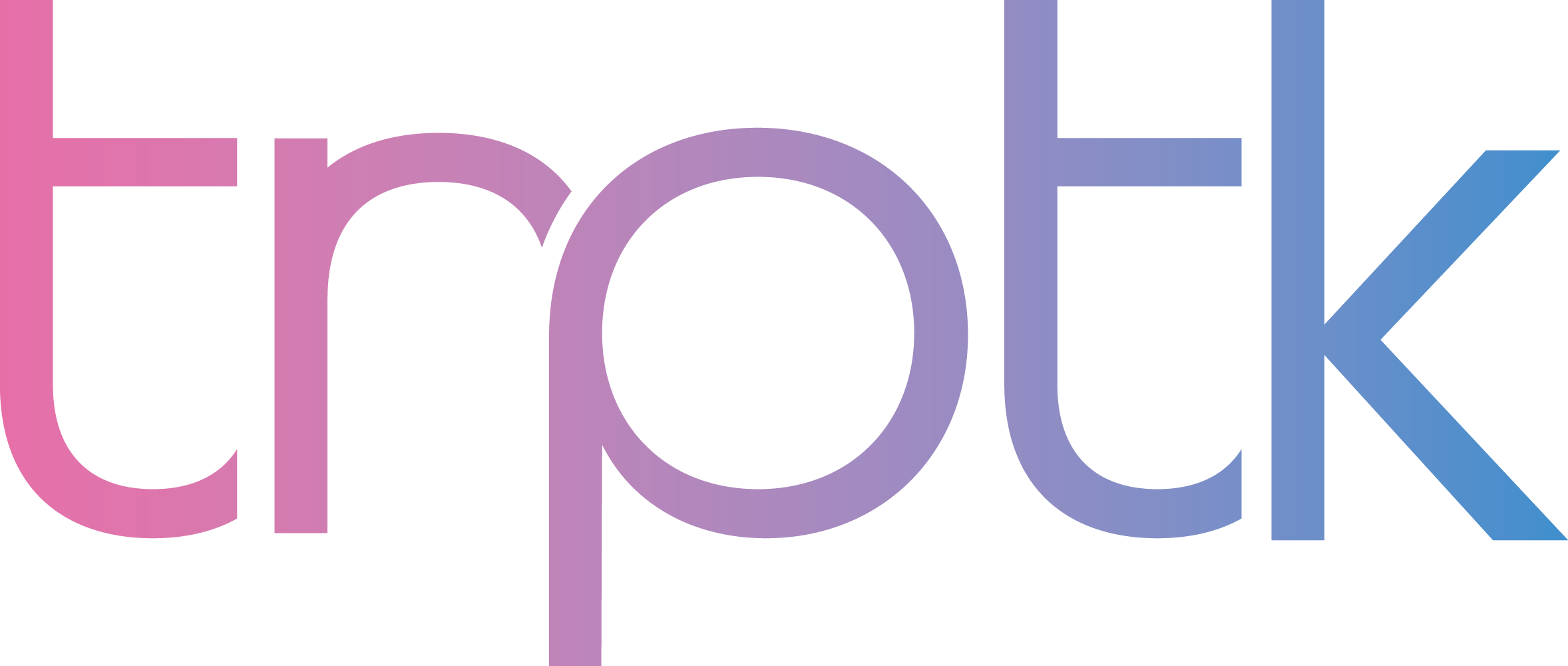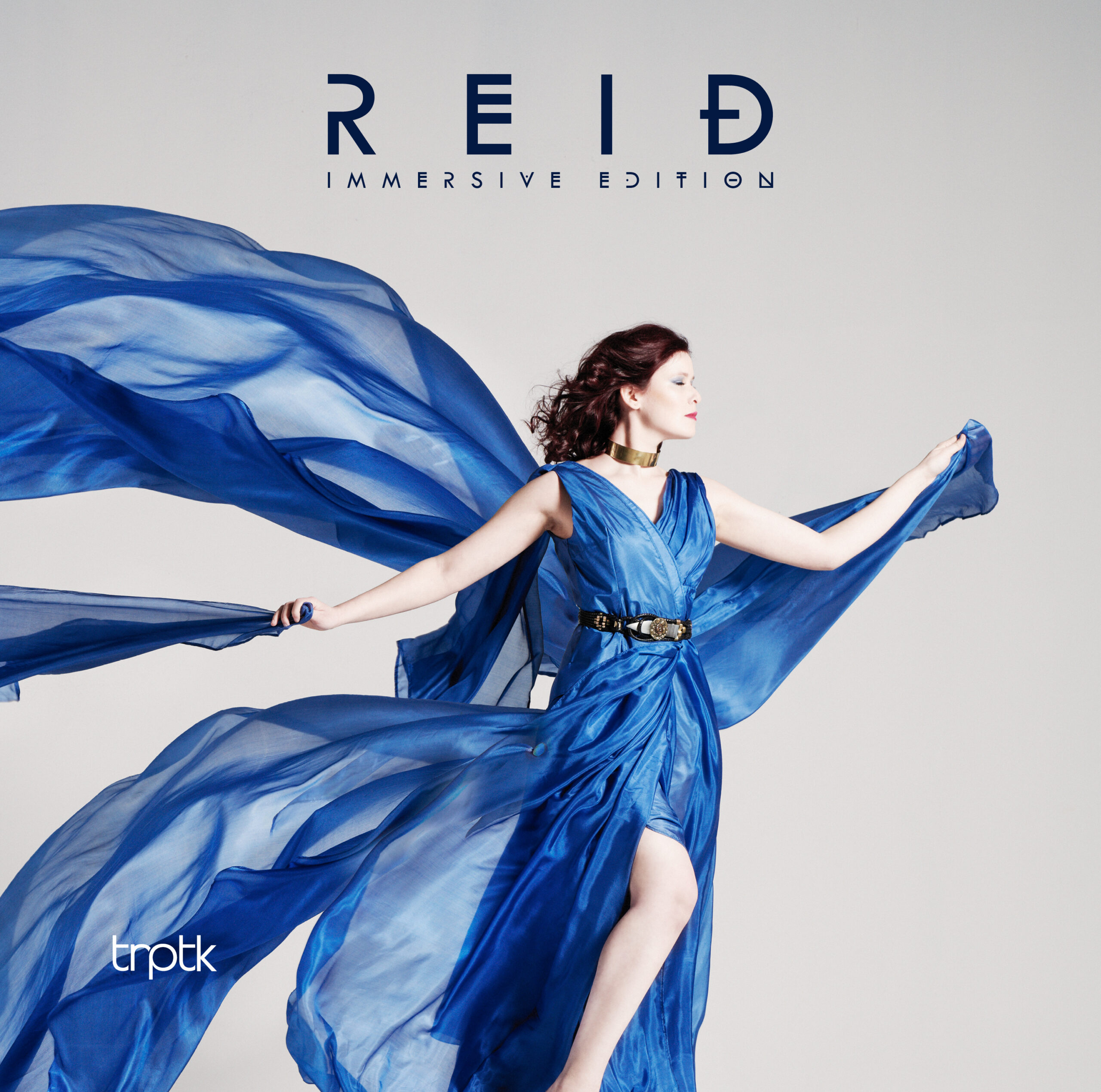As much as I try to find the right words to describe the intention behind this album, I repeatedly come to a dead end. It is as if I go for a walk through a deep forest: one part of me wants to get lost in unknown territory, while another part of me lingers on the familiar. By trying to make meaning of the world around me, I search for compositions that reflect something eternal, irresistible to change and corruption. Reið means this journey, the feeling that one world dies somewhere, and a new one emerges with every blink of my eyes. Through this album, I want to take you along on this journey through the worlds of contemporary composers Michael Gordon, Fjóla Evans, Giovanni Sollima, John Tavener, and David Lang.
About the album
As much as I try to find the right words to describe the intention behind this album, I repeatedly come to a dead end. It is as if I go for a walk through a deep forest: one part of me wants to get lost in unknown territory, while another part of me lingers on the familiar. By trying to make meaning of the world around me, I search for compositions that reflect something eternal, irresistible to change and corruption. Reið means this journey, the feeling that one world dies somewhere, and a new one emerges with every blink of my eyes. Through this album, I want to take you along on this journey through the worlds of contemporary composers Michael Gordon, Fjóla Evans, Giovanni Sollima, John Tavener, and David Lang.
Our travels start with Light Is Calling by Michael Gordon, written in the aftermath of the terrorist attacks on September 11, 2001. Living so close to Ground Zero, he wanted to make something beautiful after witnessing something so ugly and tragic. The composition juxtaposes the sound of an acoustic cello with electronic pulses played backwards, like a heart beating throughout the entire piece.
We then enter Canadian-Icelandic composer-cellist Fjóla Evans’ triptych Reið-Hagall- Bjarkan, where each section is symbolized by a Nordic rune. Runes were used in the Viking era as an alphabet, but they also had powerful magical connotations and were used to divine the future or to meditate on the present. The Norse would ‘cast runes’ in the same way people today lay out Tarot cards. Each of the three sections represents a different Nordic rune. Reið means ‘journey’, Hagall an ‘interruption’, and finally Bjarkan, meaning ‘rebirth’.
Also a composer-cellist, Giovanni Sollima provides the third step along our journey with his piece for cello and electronics Hell I, the opening piece of Songs from the Divine Comedy, a long work for cello, voices, samplers, electro-acoustic ensemble, electronic percussion and a live video installation, all based on the Divina Commedia by the 13th-century Dante Alighieri. With Hell I, its roots suspended between Mediterranean/Sicilian and Jewish, you are taken to an unspecified spot in Jerusalem, the alleged place of the gates to Hell according to Dante.
In the gravitational center of the album, you’re taken to the musical palindrome that is Wake Up … And Die by Sir John Tavener. A palindrome, as Tavener explains, because waking and dying are like two sides of a piece of paper. If you wake up spiritually, then you will die to all that is not of God. In the middle section, which is also a palindrome in itself, the six other cellos join in the paradoxical meditation, providing a platform while the solo cello takes on a much more melismatic and decorative character. Then all of a sudden, just before the end, the solo chant begins again, only to be cut off by a distant sentimental memory, the memory of the blues, reminding us of ordinary human emotion, and of our fallen state.
This fallen state continues and ends with Heroin by Lou Reed (Oakfield Avenue Music; version for Bang on a Can arranged by David Lang, with lyrics by Lou Reed adapted by David Lang). When David Lang first heard the Velvet Underground, the dark and very disturbing Venus in Furs, with its droning viola and sadomasochist lyrics. “I remember this music was dangerous, and I had never thought of any other music in that way before.” This association of music and danger is something he had tried to capture many times in the years since, and so for Heroin, Lang wanted to see if he could recall that feeling of danger, by setting Lou Reed’s lyrics with his new music.
And as the last reverb of Heroin fades out, so ends our journey, my REIÐ. I hope these pieces have moved you in the same way they did to me, and still do to this day.
– Maya Fridman
Tracklist click to play/pause
-
Michael Gordon
Light is Calling
7:127:12
-
Fjóla Evans
Reið - Hagall - Bjarkan
10:0510:05
-
Giovanni Sollima
Hell I
5:055:05
-
John Tavener
Wake Up ... And Die
17:0017:00
-
Lou Reed (arr. David Lang)
Heroin
10:4210:42
More information
| Label | TRPTK |
|---|---|
| Genre(s) | Classical – Contemporary (> 1920) |
| Artist(s) | Maya Fridman |
| Composer(s) | Evans, Fjóla Gordon, Michael Reed, Lou Sollima, Giovanni Tavener, John |
| Recording location(s) | Muziekcentrum van de Omroep - Studio 7, Hilversum (NL) |
| Recording date(s) | November 2019 |
| Cat. No. | TTK 0046 |
|---|---|
| Release date |
April 12th, 2023 |
| Additional links |
"It's a ride which I won't soon forget, and one that absolutely gave me my money's worth. It's almost as if I need a break after listening to all 17 emotional minutes."
Chris Connaker, Audiophile Style
Further reading
Related products
-

Colores del sur
Femke IJlstra
Celia García-GarcíaSpatial Audio Download
€ 25,00 | TTK0084 -
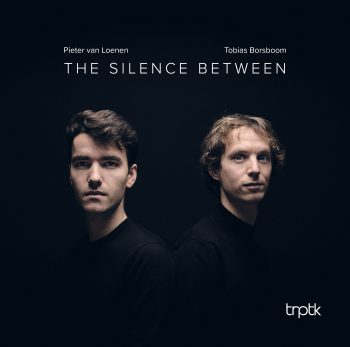
The Silence Between
Pieter van Loenen
Tobias BorsboomSpatial Audio Download
€ 25,00 | TTK0058 -
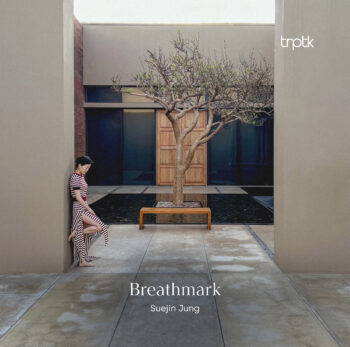
Breathmark
Suejin Jung
Spatial Audio Download
€ 25,00 | TTK0101 -

Kurkuma
Irene Sorozábal
Kirsi-Marja Harju
Adrián Moncada
Pedro Ivo Ferreira
George HadowSpatial Audio Download
€ 25,00 | TTK0090 -
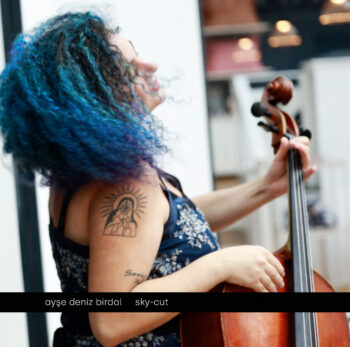
Sky-Cut
Ayşe Deniz Birdal
Spatial Audio Download
€ 25,00 | TTX0002 -
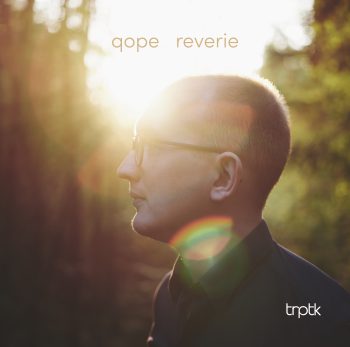
Reverie
QOPE
Spatial Audio Download
€ 25,00 | TTK0074
